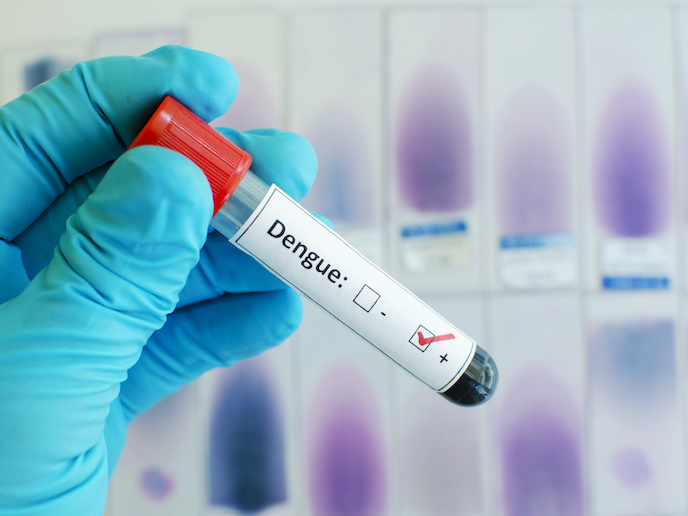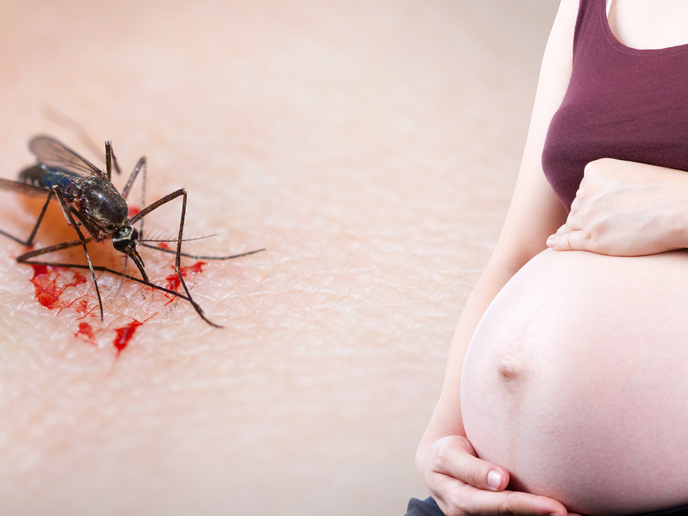A malaria transmission blocking vaccine
Although significant progress has been made in malaria control during the last decade, malaria-related morbidity and mortality remains a serious problem in the lowest income countries. A vaccine is still considered the most promising solution for eradicating the disease. Recently, vaccine development efforts have also concentrated on interrupting the parasite life cycle at the sexual stage, which is responsible for infecting mosquitoes and transmitting the parasite to humans. The EU-funded REDMAL (Clinical development of a Pfs48/45-based malaria transmission blocking vaccine) project produced a clinical grade R0-PF10C transmission-blocking malaria vaccine (TBMV) candidate. The cGMP produced TBMV candidate has sufficient levels of correctly folded R0-PF10C and exhibited transmission blocking activity in preclinical studies. The second major activity of the REDMAL study was to prepare for clinical testing of the TBMV in Africa. In collaboration with local investigators in Tanzania, Ghana and Burkina Faso, the consortium obtained information on prevalence of parasite transmission stages and transmission patterns. Results showed a strong positive association between naturally acquired antibody responses against the parasite PF10C antigen and functional transmission blocking activity. In addition, the researchers advanced the development of mathematical models for the impact of TBMV on transmission of malaria that will aid the design of clinical and epidemiological trials with TBMV. Clinical trials to test the vaccine safety and immunogenicity are the next step after REDMAL. Once validated, the vaccine will be made available to malaria endemic countries to be part of a larger package of malaria control and eradication measures. Thus, the TBMV candidate generated by the REDMAL project can make a significant contribution to society’s ability to manage, control and eventually eradicate malaria and thereby confer immense public benefit.







